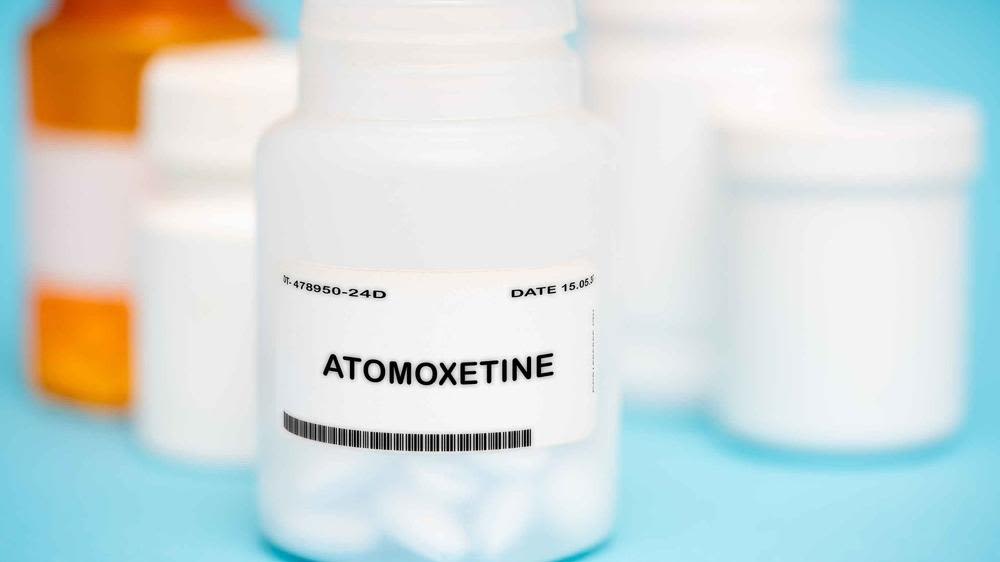

A comparative review of available ADHD treatments, funded by the National Institute for Health and Care Research (NIHR) via a Research for Patient Benefit grant to Professor Samuele Cortese, NIHR Research Professor at the University of Southampton and senior co-author on the paper, provides the most comprehensive analysis to date of the effectiveness of pharmacological, psychological and neurostimulatory treatments for ADHD.
The paper, also supported by NIHR Applied Research Collaboration Oxford and Thames Valley, published in The Lancet Psychiatry, highlights that stimulants and atomoxetine are the only treatments with proven efficacy in reducing symptoms of ADHD in adults, as reported by both clinicians and patients.
The landmark study sets a new benchmark for evidence-based treatment recommendations for healthcare providers and policymakers and paves the way for future advancements in ADHD care.
This review collated and analysed data from 113 randomised controlled trials involving over 14,800 participants from different countries with a diagnosis of ADHD. The study assessed the efficacy of treatments in reducing core ADHD symptoms, alongside their acceptability and safety.
Stimulants, a group of medicines that stimulate parts of the brain to improve concentration and attention, and reduce impulsive and hyperactive behaviour, include methylphenidate, lisdexamfetamine, and dexamfetamine.
The drug atomoxetine works differently to stimulants as a selective noradrenaline reuptake inhibitor (SNRI), which increases the amount of a chemical in the brain called noradrenaline which can aid concentration and help control impulses.
Read the full story on the Department of Psychiatry website.
more recommended stories
 CTNNB1 Syndrome Study Explores Beta-Catenin Defects
CTNNB1 Syndrome Study Explores Beta-Catenin DefectsKey Takeaways Researchers in Spain are.
 Tuberculosis Breakthrough with Experimental Antibiotics
Tuberculosis Breakthrough with Experimental AntibioticsKey Takeaways Experimental antibiotics disrupt a.
 National Healthy Longevity Trial Receives Federal Support
National Healthy Longevity Trial Receives Federal SupportKey Summary Up to $38 million.
 Red Blood Cells Improve Glucose Tolerance Under Hypoxia
Red Blood Cells Improve Glucose Tolerance Under HypoxiaKey Takeaways for Clinicians Chronic hypoxia.
 Nanoplastics in Brain Tissue and Neurological Risk
Nanoplastics in Brain Tissue and Neurological RiskKey Takeaways for HCPs Nanoplastics are.
 AI Predicts Chronic GVHD Risk After Stem Cell Transplant
AI Predicts Chronic GVHD Risk After Stem Cell TransplantKey Takeaways A new AI-driven tool,.
 Red Meat Consumption Linked to Higher Diabetes Odds
Red Meat Consumption Linked to Higher Diabetes OddsKey Takeaways Higher intake of total,.
 Pediatric Crohn’s Disease Microbial Signature Identified
Pediatric Crohn’s Disease Microbial Signature IdentifiedKey Points at a Glance NYU.
 Nanovaccine Design Boosts Immune Attack on HPV Tumors
Nanovaccine Design Boosts Immune Attack on HPV TumorsKey Highlights Reconfiguring peptide orientation significantly.
 High-Fat Diets Cause Damage to Metabolic Health
High-Fat Diets Cause Damage to Metabolic HealthKey Points Takeaways High-fat and ketogenic.

Leave a Comment